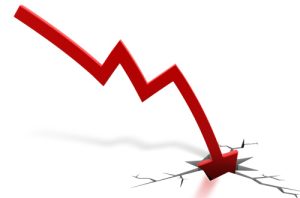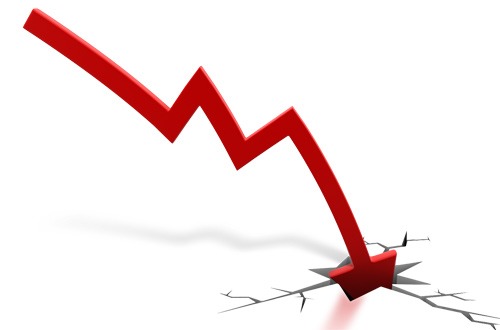 Eskom’s inability to ensure an adequate, consistent and reliable power supply will mean many small businesses are in for a challenging 2015. This is according to Nazeem Martin, MD of a specialist risk finance company for formal SMEs – Business Partners.
Eskom’s inability to ensure an adequate, consistent and reliable power supply will mean many small businesses are in for a challenging 2015. This is according to Nazeem Martin, MD of a specialist risk finance company for formal SMEs – Business Partners.
In a RiskSA article last week, Martin highlights other challenges that will impact SMEs going forward, including upcoming civil service negotiations and sluggish economic growth.
Martin explains that the power supplier’s inability to consistently supply sufficient electricity makes it difficult to run a business; as well as plan and implement growth strategies. And for SMEs in particular, unreliable power supply affects production cycles and lowers confidence in the power supply. This in turn affects their ability, willingness and desire to plan for expansion
“Eskom’s predicament, and its adverse impact on business and economic growth, is not a challenge that can be overcome in the short term,” he said.
Challenges at Eskom
Today Eskom said in a statement, that this will be a difficult week with demand for power expected to outstrip supply (30 388MW demand and 29 291MW supply) and called on customers to cut electricity usage. The national power supplier has about a quarter of the generating capacity offline this week, mostly due to breakdowns.
“The power system remains constrained this week, and will remain so for the rest of this summer,” said the power supplier.
“Small businesses’ ability to grow is hampered by
uncertainty around power supply”
Business confidence?
Martin said that he is however confident that small businesses will continue to prosper in the country despite the many hurdles confronting them.
He said SMEs success often depends on sentiment and perception, and certain issues will continue to dampen economic growth in 2015.
“Businesses’ desire and willingness to take on risk is dependent on confidence levels, and tough economic conditions will test an entrepreneur’s ability,” he said.
Possible solutions for SMEs
Martin advised that contingency plans for power sources be developed as a matter of urgency by small businesses.
1. It is advisable that businesses have develop a contingency plan for a power source. They should do this soon as the impact, and duration, of the current power crisis is often being underestimated, advised Martin.
2. Small businesses have to develop specific arrangements on how to manage electricity usage. Small businesses’ ability to grow is hampered by uncertainty around power supply, Martin said, therefore they need to manage the available electricity at their disposal.
“Regular downtime affects production cycles and subsequently business owners’ confidence.






